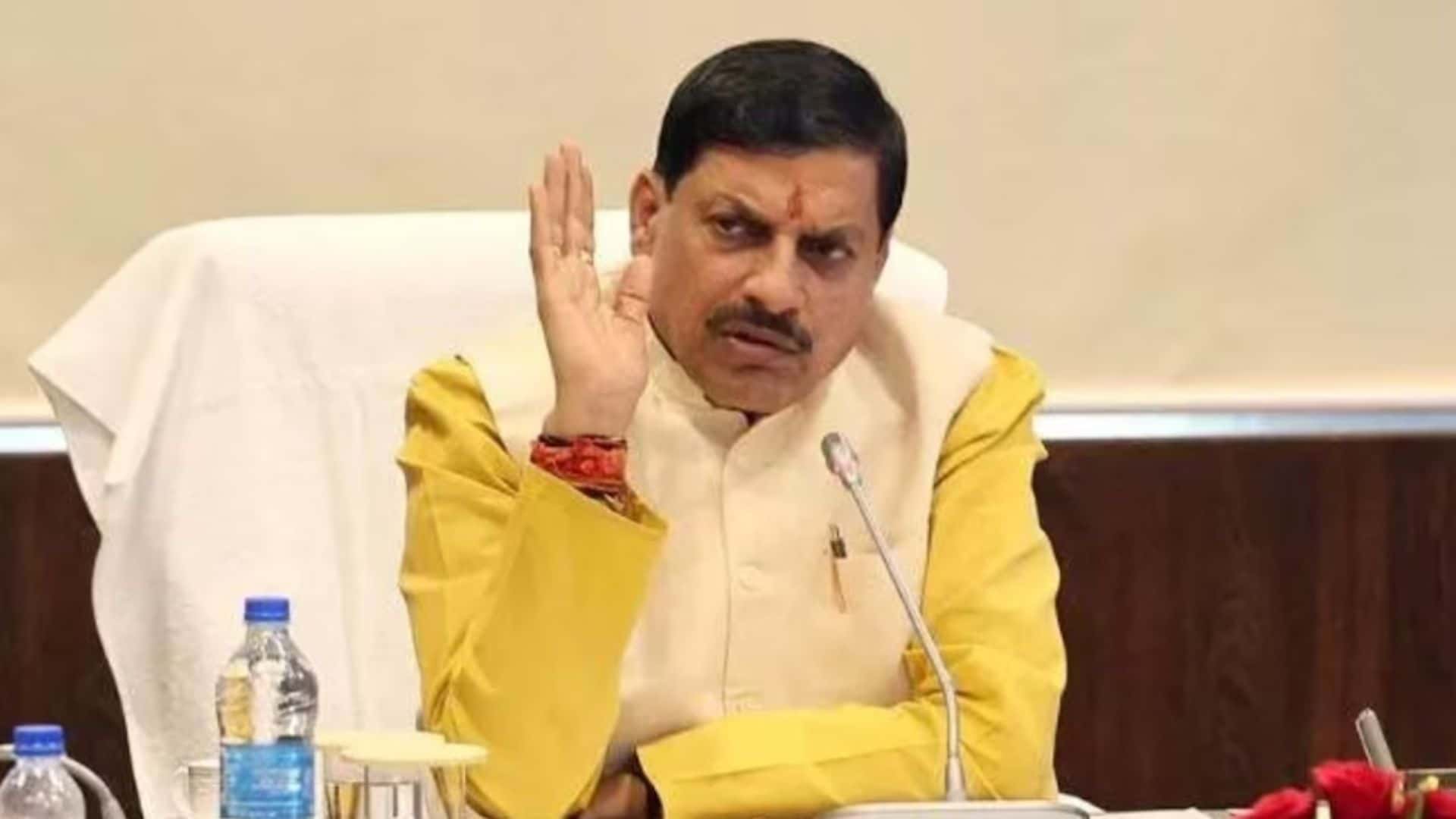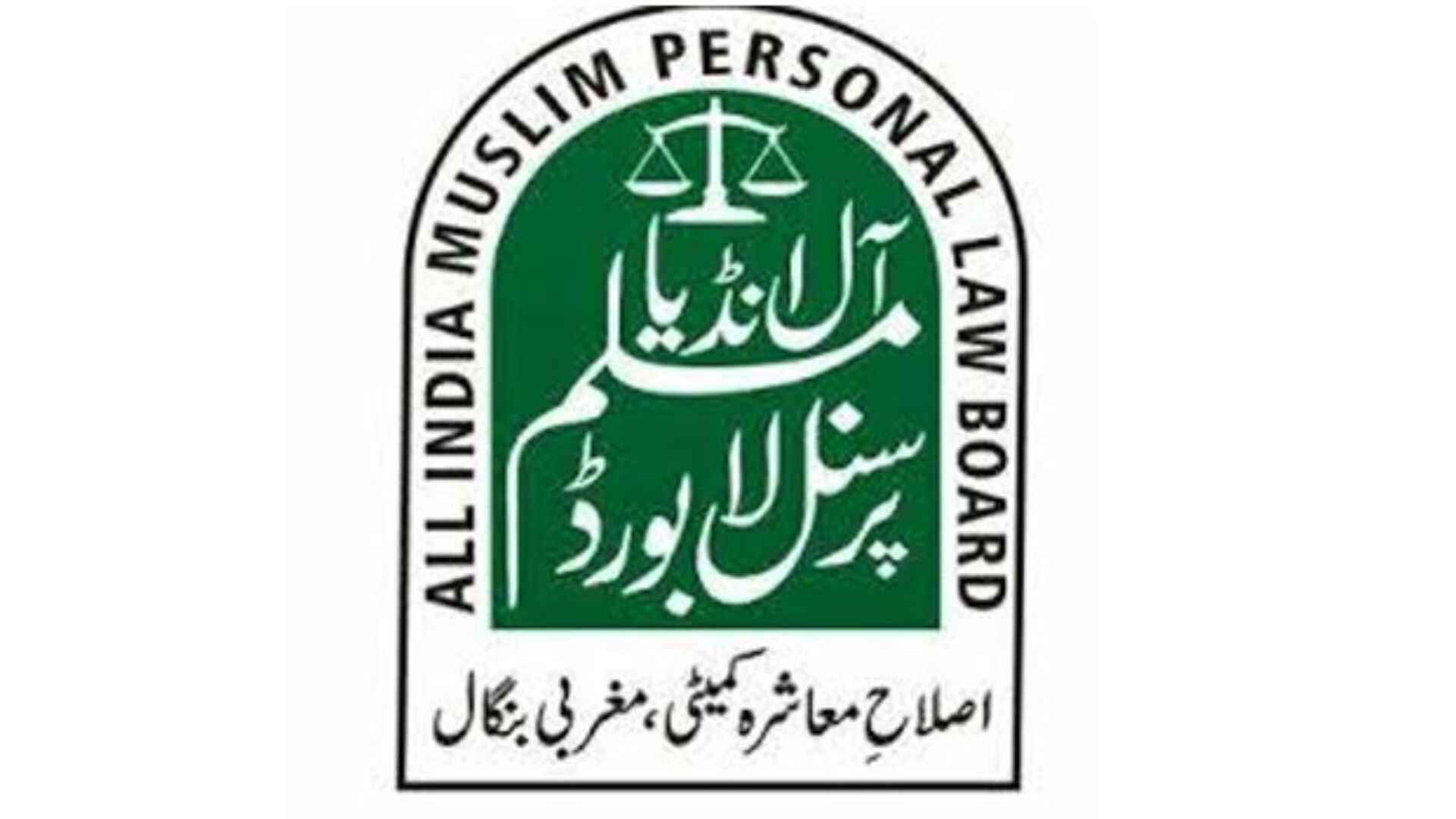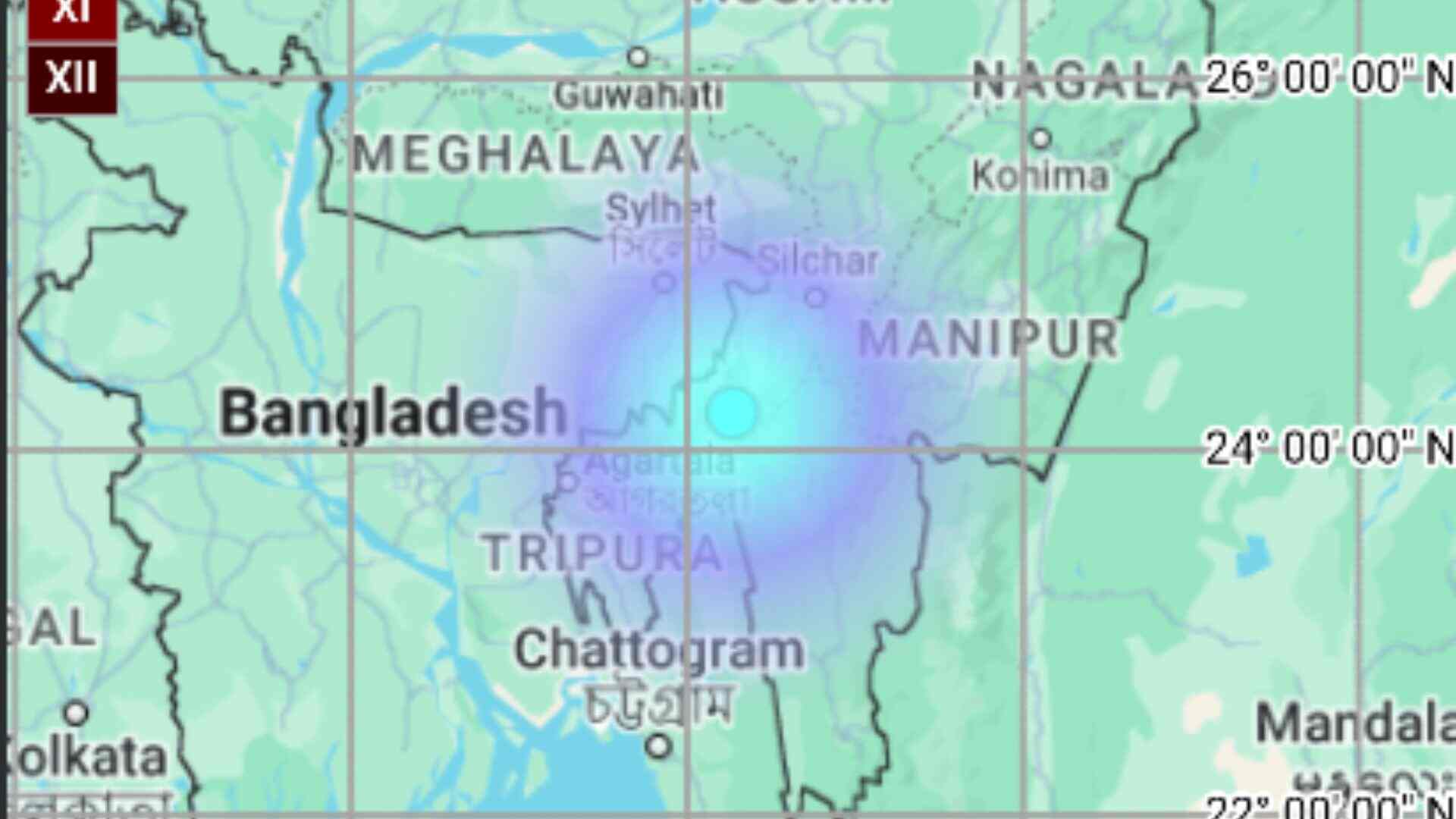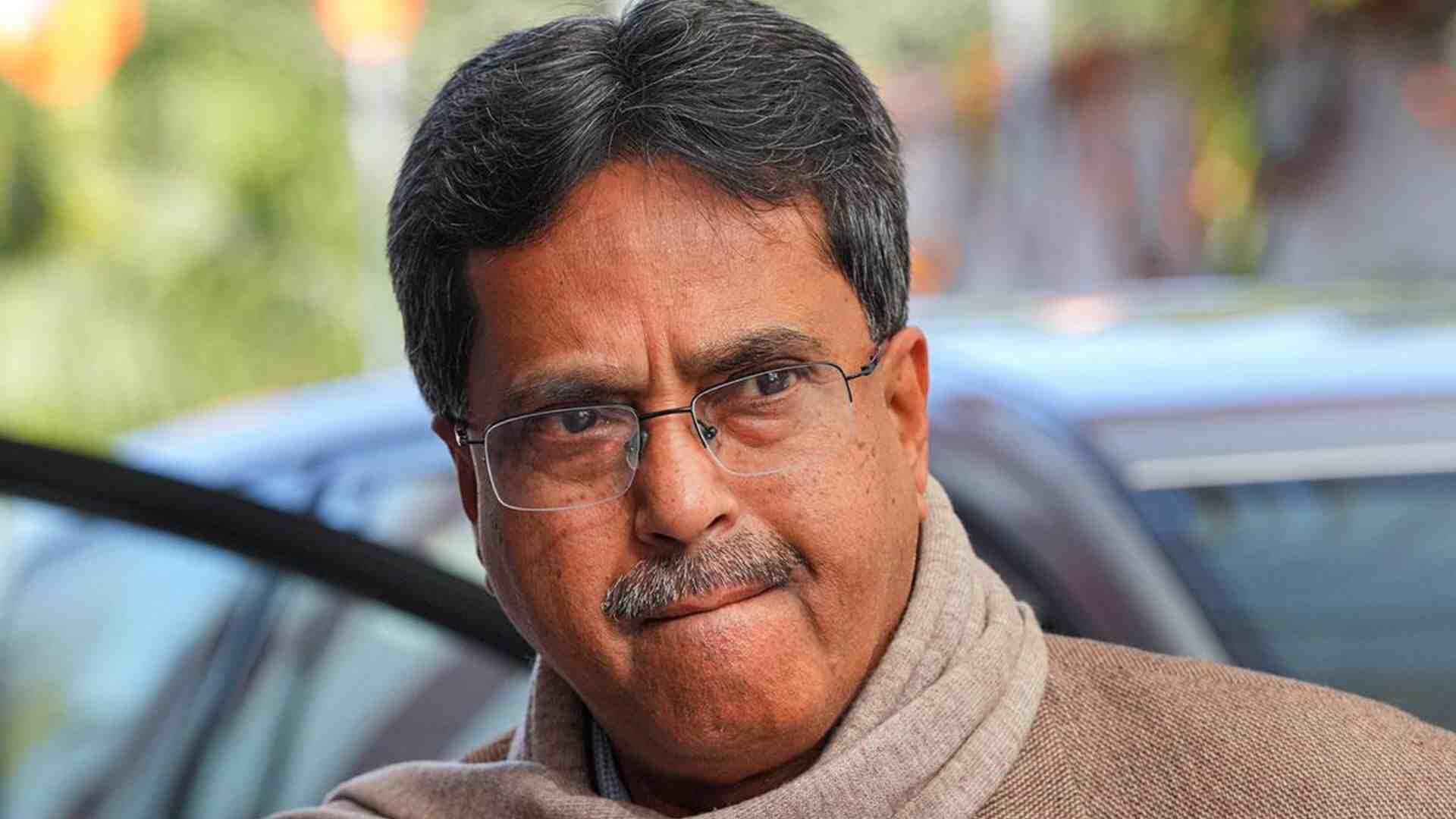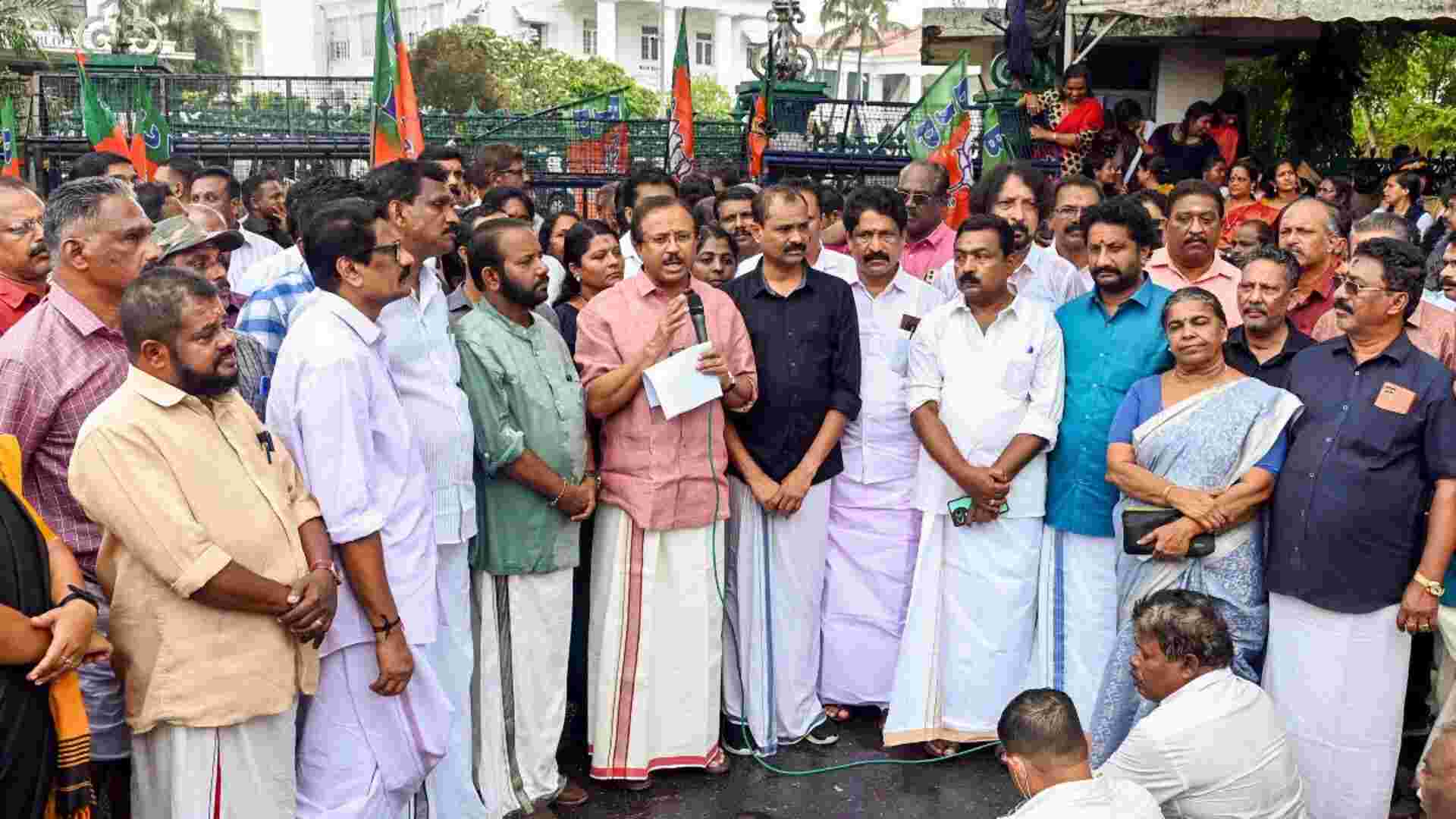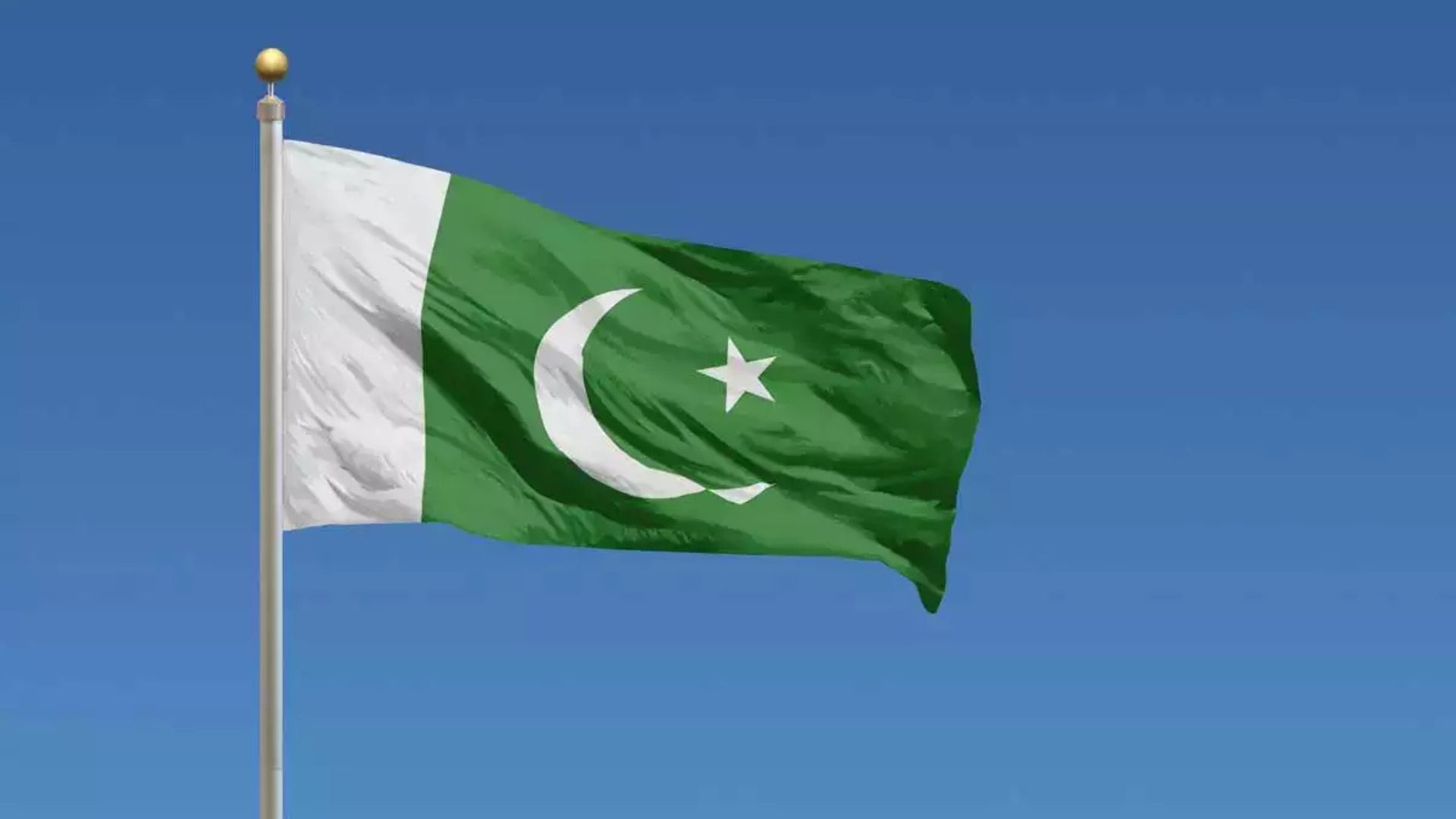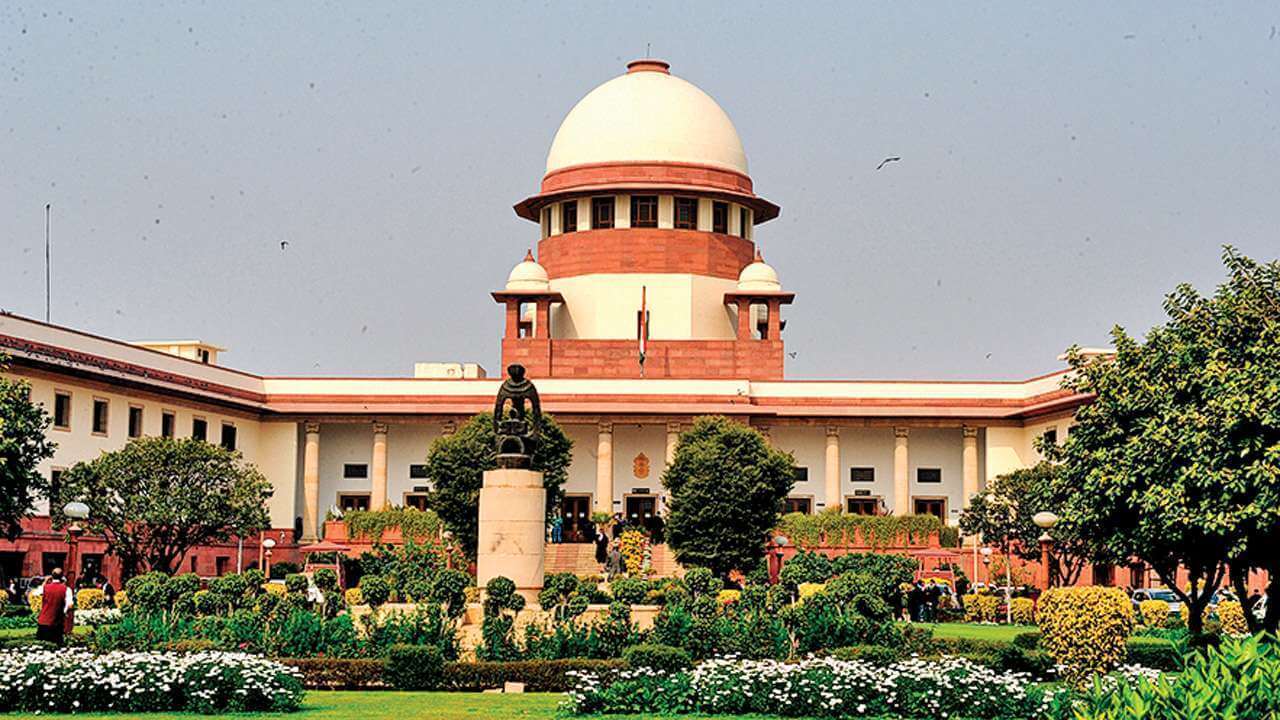
The Karnataka Government in the case Hrishikesh Sahoo And State Of Karnataka & Ors observed and has supported the prosecution of a husband in a case for the marital rape. An affidavit has been filled by the State in the Supreme Court wherein supporting the judgement of the Karnataka High Court, which sustained the charges which are being framed against a husband under Section 376 of the Indian Penal Code, 1860 for forcible sex with wife. The court observed and has stated that it is being worthwhile to note that the Central Government had refrained from taking a clear stand in the pleas which are filed before the Delhi High Court on criminalizing marital rape, wherein challenging the exception 2 to Section 375 of the Indian Penal Code, 1860. In the present case, the Karnataka High Court had pronounced the verdict while refusing to quash the FIR lodged for marital rape. The single bench headed by Justice M Nagaprasanna observed and has held that the Exception 2 to Section 375 of the Indian Penal Code – wherein exempting the husband from the offence of rape against his wife – is not being absolute. The High Court observed that, a man being a man, an act being an act, rape is rape, be it be performed by a man the ‘husband’ on the woman “wife.”
It has been held by the High Court that without making of any pronouncement on the constitutionality of the marital rape exception that the exemption of the husband on committal of such assault or rape, in the peculiar facts and circumstances of this case, cannot be absolute and there can be no exemption in law can be so absolute that it becomes a license for the commission of a crime committed against the society. The court being aggrieved by the verdict, the husband filed a special leave petition before the Supreme Court. Thus, the Top Court bench comprising of the former Chief Justice of India NV Ramana, Justice Krishna Murari and Justice Hima Kohli observed ad had passed an order of ad-interim stay of the judgement of the High Court.
The court observed that it is been submitted in an affidavit filed by the State that it was correct in its decision of ordering the trial of a man for allegedly raping his wife. Further, it has been stated that weather the charges finally stands or being not is a matter of trial and that the accused in the case cannot be absolved at this stage despite the immunity against marital rape provided to husbands under the Indian Penal Code, 1860. It has also been provided in the affidavit for the suggestions recommended by the Justice JS Verma committee, which was being set up propose amendments in criminal laws. However, it has been received by the committee around 80,000 suggestions and has finalised its 644-page report in 2013, wherein proposing that ‘the exception for marital rape can be removed’ and it must be specify by the law that a marital or other relationship between the victim or perpetrator is not a valid defence against the crimes of rape or of sexual violation. The State Government’s affidavit stated while seeking dismissal of the husband’s challenge against the HC verdict that the High Court of Karnataka has considered all the questions of law involved in the present petition and the same does not require any interference by the Supreme Court. Accordingly, the court clubbed this matter along with the pleas challenging the Delhi High Court’s split verdict in the pleas to criminalize marital rape.
